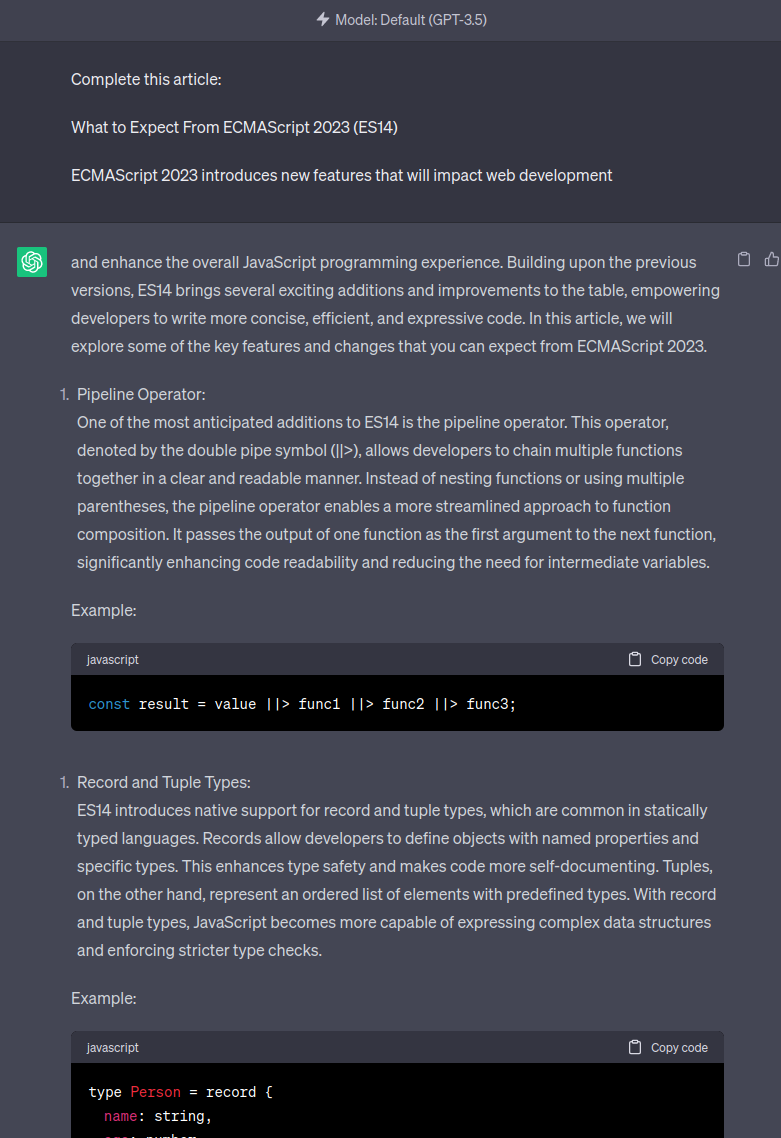I think it's best to leave the post link as is. I don't want to point people to misinformation. I've added a post description instead with context and the archive link. If people downvote this post because of the 404, so be it.
Ugh, that is utterly disappointing to see from Ars Technica. Here's a bit of context about it: https://mastodon.social/@nikclayton/116065459933532659
Fortunately, the article was already archived, for what it's worth: https://web.archive.org/web/20260213194851/https://arstechnica.com/ai/2026/02/after-a-routine-code-rejection-an-ai-agent-published-a-hit-piece-on-someone-by-name/
Widevine is the defacto standard proprietary technology for DRM-locked content. It's used by all the major streaming services like Netflix and Disney+. Without it, publishers would not make their content available to those platforms for fear of rampant piracy, especially for high quality and 4K content. I guess Widevine requires some sort of vetted relationship with any browser that wants to use their tech.
Omarchy uses Hyprland, so I guess they started by promoting Omarchy and maybe DHH asked them to sponsor Hyprland
I think people need to appreciate that Mozilla is probably the only company in the world that will allow you to turn off ads like this, for free.
We can do both. Free Palestine!
I agree with the petition, but I wish it had mentioned that Twitter hides most, if not all, of an account's tweets behind a login wall. Same for Instagram for that matter. That's a strong reason not to use it for government communication.
I've had enough of the talking heads. I'm just going to check in on the AP News results map occasionally. Fortunately I have a few days off, so I'm going to distract myself otherwise.
I would absolutely love to stop following American news, and that will happen when I don't have to worry about Trumpf infecting world politics.
The current versions of ChatGPT are quite stable in their outputs. If I enter the title and subtitle of this article, it completes it with very similar results:

Not a fan of Poilievre by any means, but I'm glad we don't live in a world where he immediately takes the anti-trans attack angle. I won't be surprised if he does in a few days or weeks, but I'll take what I can get.